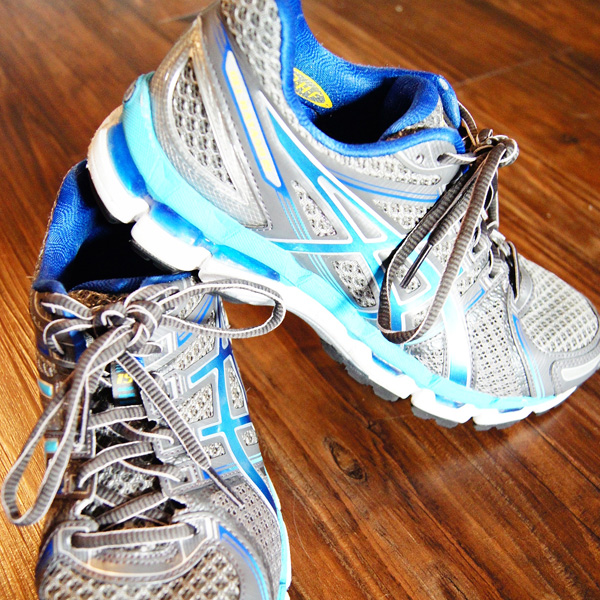
Colleen Huml, 25
Wheaton, Ill.
I’ve been struggling to make sense of my thoughts on what occurred at the Boston Marathon. It’s hard to escape from the news coverage, and I’d be lying if I said it didn’t feel personal since something I love was targeted by such senseless violence. As I attempted to go for a quick jog for the first time since Marathon Monday, I realized I was still sore in more ways than one. Though the motivation behind these events is still unknown, I do know that my family and I were part of the target, and for whatever reason, we were spared. But others weren’t, and their losses cannot be replaced.
On Monday at 1:34 p.m., I crossed the finish line of my ninth marathon. As I stood wrapped in my heat blanket waiting for my mom and sister to finish, I reflected on how proud I was that competing in marathons is a family activity that we can share together. I was proud of my 57-year-old mom, who still rocks it on the course and was running in this race despite just recovering from a broken arm. I was proud that my older sister, despite being a second-year medical resident and working grueling hours, still found the time to train. We soon met up in the designated family meeting area with our friends who had come to see us run. They had spent the past few hours riding the T to see us at various checkpoints throughout the race. At 2:01 p.m., I received a text from my mom that read, “Done! Are you safe?” This is a common greeting for my mom, who, as most moms are, is always concerned about the safety of her children. She didn’t realize that on that particular day, the question would have greater meaning.
Marathons are a unique sporting activity because they simulate the very real life experience of having to reach deep down for strength and personal conviction to continue onward, when your body is telling you that you have nothing left to give. This makes running a marathon a very personal, and truly emotional experience, and it explains why the sport breeds such tight knit communities of friendship and support. This is also the reason why the spectators are so very important to us runners. Numerous times during the race on Monday, when I was in need of motivation, I would hear from someone nearby, “Go Colleen, you’re almost there!” or “Yea, Colleen! You can do it!” These people didn’t know me, yet they supported me anyway, reading the name I had scribbled with a marker earlier that morning on my bib. This outpouring of unconditional support from one human being to another to help someone achieve the seemingly impossible is the beating heart of a marathon experience. This is precisely why for so many of us it is unbelievably painful and difficult to comprehend the events at the finish line Monday.
Some people say marathoners are crazy. And I don’t always disagree with them, because we are a people that run 26.2 miles until our legs feel wobbly and call it fun. But one thing’s for sure: marathons are an example of what’s good in people. We are seeing countless examples of this in stories that continue to emerge. Stories of runners continuing onward toward the hospital to donate blood, spectators helping runners find their loved ones, and volunteers who, moments before had been handing out medals, were now stepping in to apply tourniquets to wounds. This good will continue, and so will our propensity to run until our legs feel wobbly. To those who were cheering out there, and to all those who come out to support a marathon, I want to say thank you. Don’t let this break your spirit, Boston. We’ll keep coming back to show together that, in the end, good always triumphs over evil, and that nothing can break the spirit of a marathon.